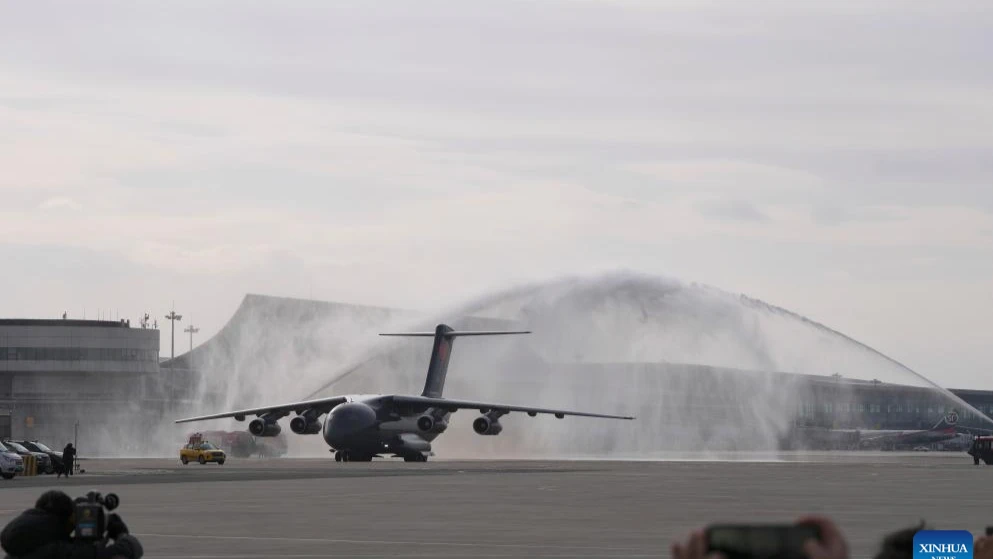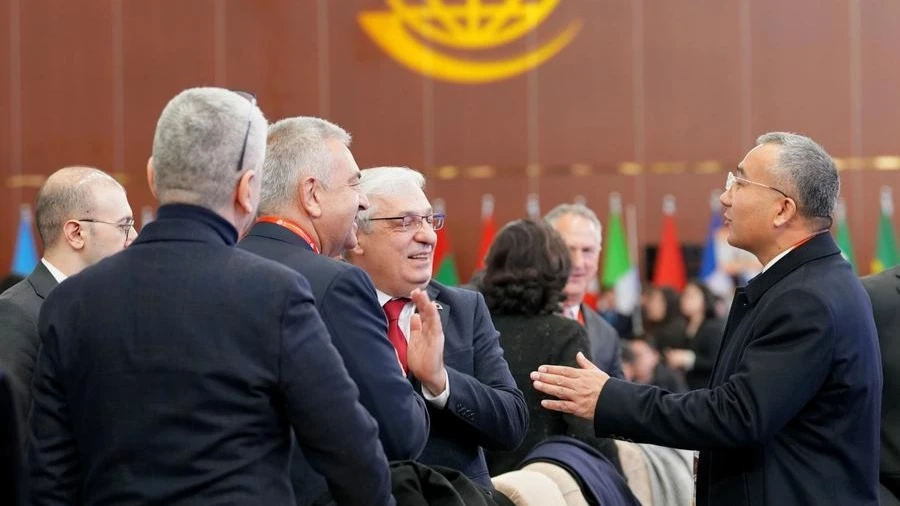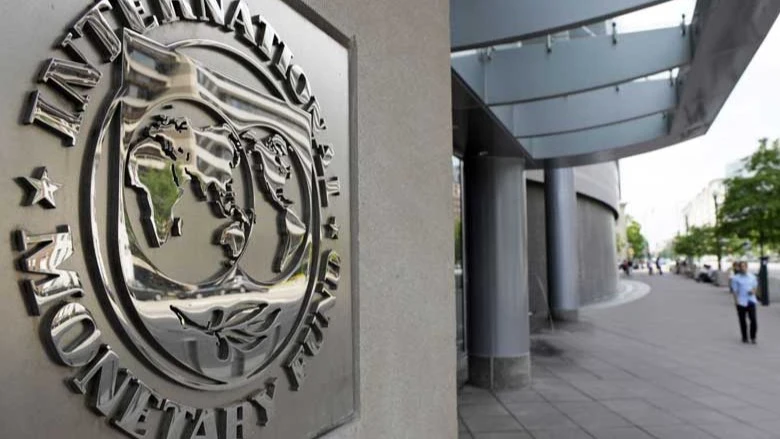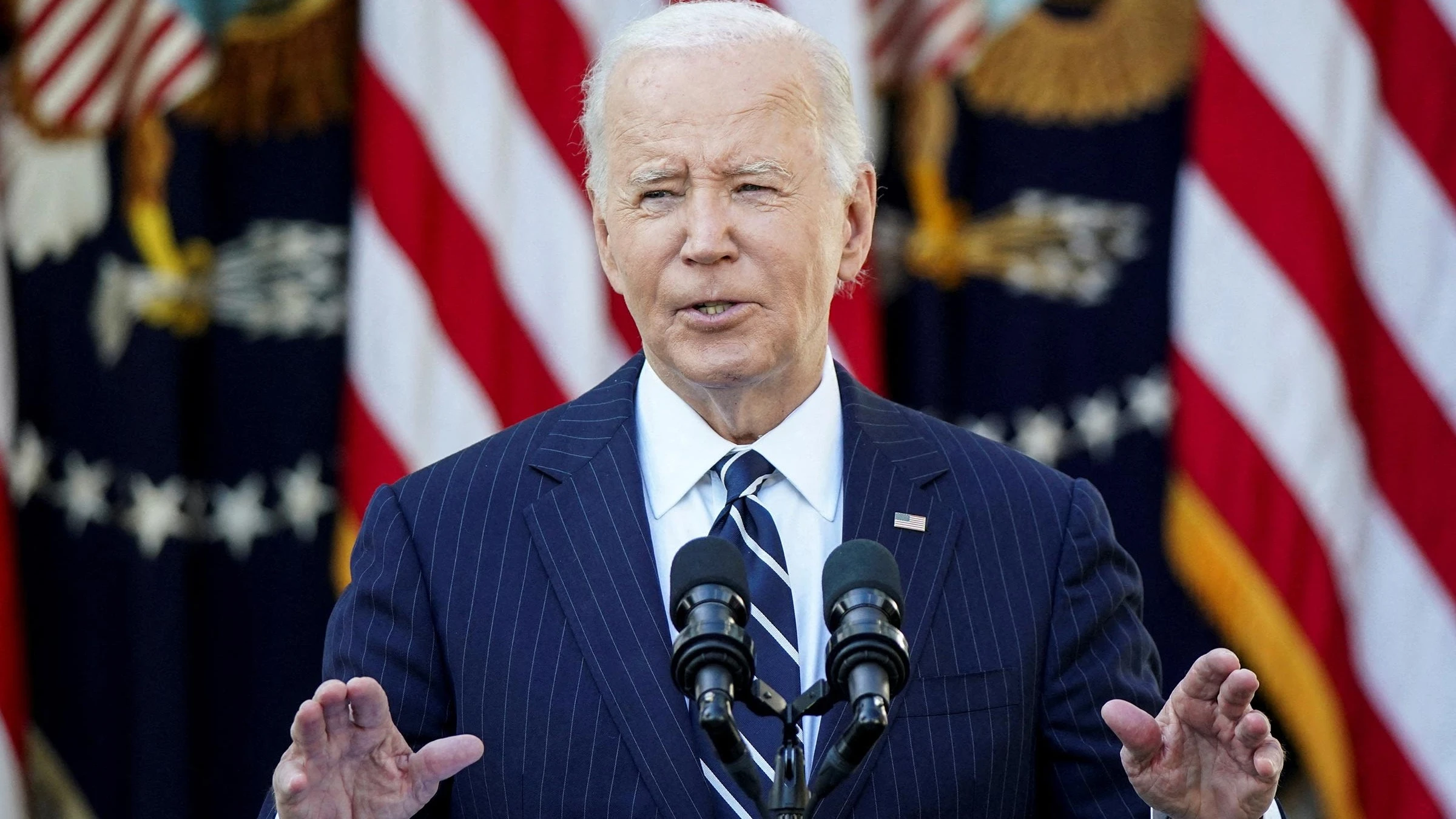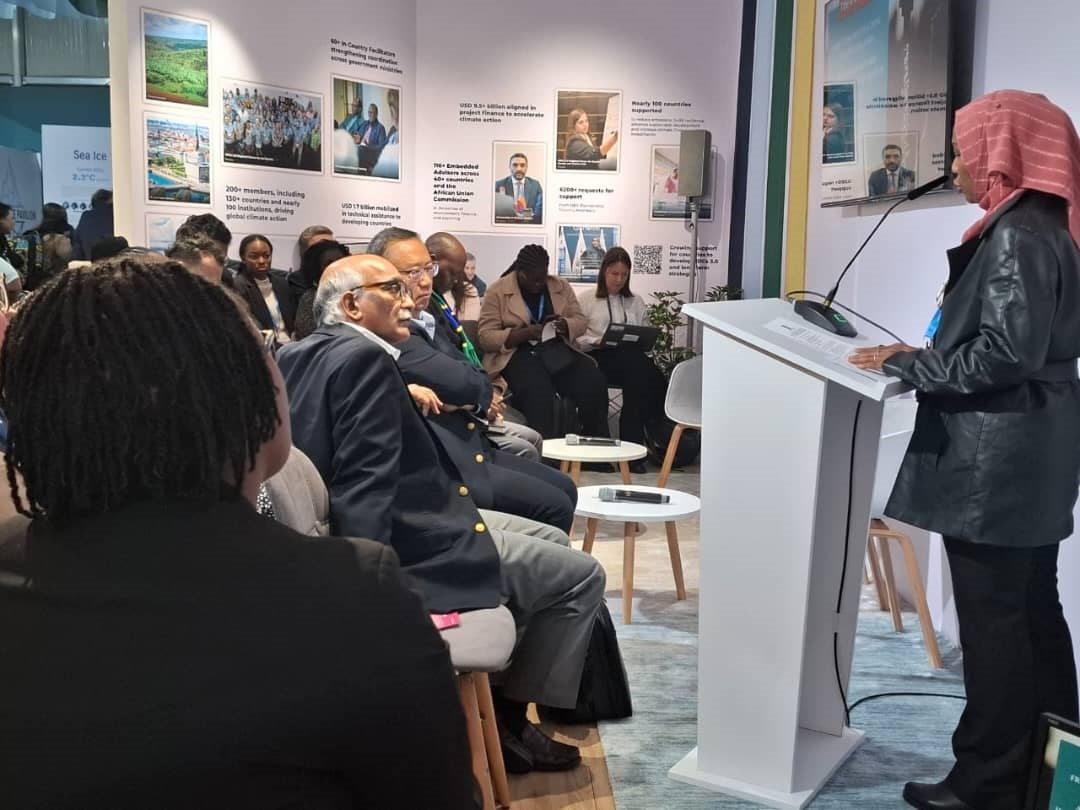Infrastructure must be a policy priority in enhancing African's trade resilience

AFRICA’S future trade resilience depends not only on favourable policies but also on robust infrastructure that can unlock the continent’s economic potential.
The African Development Bank (AfDB) estimates that closing the continent’s infrastructure financing gap—projected at $68 billion to $108 billion annually—would significantly enhance Africa’s competitiveness in global trade.
Poor road and rail networks, unreliable energy grids, and limited digital connectivity continue to hinder the free movement of goods, services, and people, making it essential for policymakers to prioritise infrastructure development.
Infrastructure plays a pivotal role in reducing trade costs, improving access to regional and international markets, and facilitating the seamless movement of goods and services.
The African Continental Free Trade Area (AfCFTA), which aims to significantly boost intra-African trade, will only achieve its full potential with critical infrastructure investments such as roads, ports, and rail systems in place.
Under the AfCFTA, up to 90 per cent of liberalised goods will have tariffs reduced by the latest 2030 and 7 per cent by 2035.
According to the Standard Chartered report "The Future of Trade: Africa. Spotlight on the African Continental Free Trade Area”, realising Africa’s trade potential requires strong cross-border infrastructure in order to enhance resilience. The report identifies three key gaps hindering infrastructure development: the capability gap, financing gap, and bankability gap.
Addressing these challenges will require close collaboration among governments, development banks, private investors, and contractors to build a pipeline of viable projects that promote greater connectivity across the continent.
Tanzania’s focus on infrastructure development has positioned it as a regional hub, setting an example for other African nations. The construction of the Standard Gauge Railway (SGR), linking Dar es Salaam with neighbouring countries, is a case in point.
Additionally, port modernisation initiatives are also key to the country’s strategy. By improving cargo handling capacity, Tanzania facilitates importing and exporting high-value goods, including minerals and agricultural products.
Despite these successes, challenges persist. Across Africa, fragmented regulatory frameworks, limited public-private partnerships (PPPs), and underdeveloped digital infrastructure continue to hinder progress. Africa’s ports account for only 6 percent of the world’s overall waterborne cargo traffic and approximately 3 percent of global container traffic.
A comprehensive approach is needed to unlock the full potential of the AfCFTA and foster long-term trade resilience. Governments must prioritise infrastructure investment in national budgets while collaborating with international financial institutions and development partners. PPPs present a viable solution for bridging the financing gap, bringing in private sector expertise and capital.
Digital infrastructure investments are equally essential. The Pan-African Payment and Settlement System (PAPSS) offers a promising solution for seamless cross-border transactions by reducing reliance on external currencies. Such initiatives will help promote financial inclusion and facilitate smoother intra-African trade.
The future of Africa’s trade growth depends on coordinated action. Regional integration, supported by strategic infrastructure investments, is essential for overcoming historical trade barriers. By prioritising inclusive policies and infrastructure development, African countries can unlock new economic opportunities, reduce poverty, and improve living standards for millions.
Standard Chartered remains committed to supporting this transformation by collaborating with governments, businesses, and other stakeholders to develop resilient infrastructure that promotes sustainable economic growth.
As we move forward, policymakers, financial institutions, and development partners must align their efforts to build the infrastructure required to drive Africa’s trade potential. Africa’s trade future rests on our ability to prioritise infrastructure investment today.
By Lewis Mlay
Top Headlines
© 2024 IPPMEDIA.COM. ALL RIGHTS RESERVED











